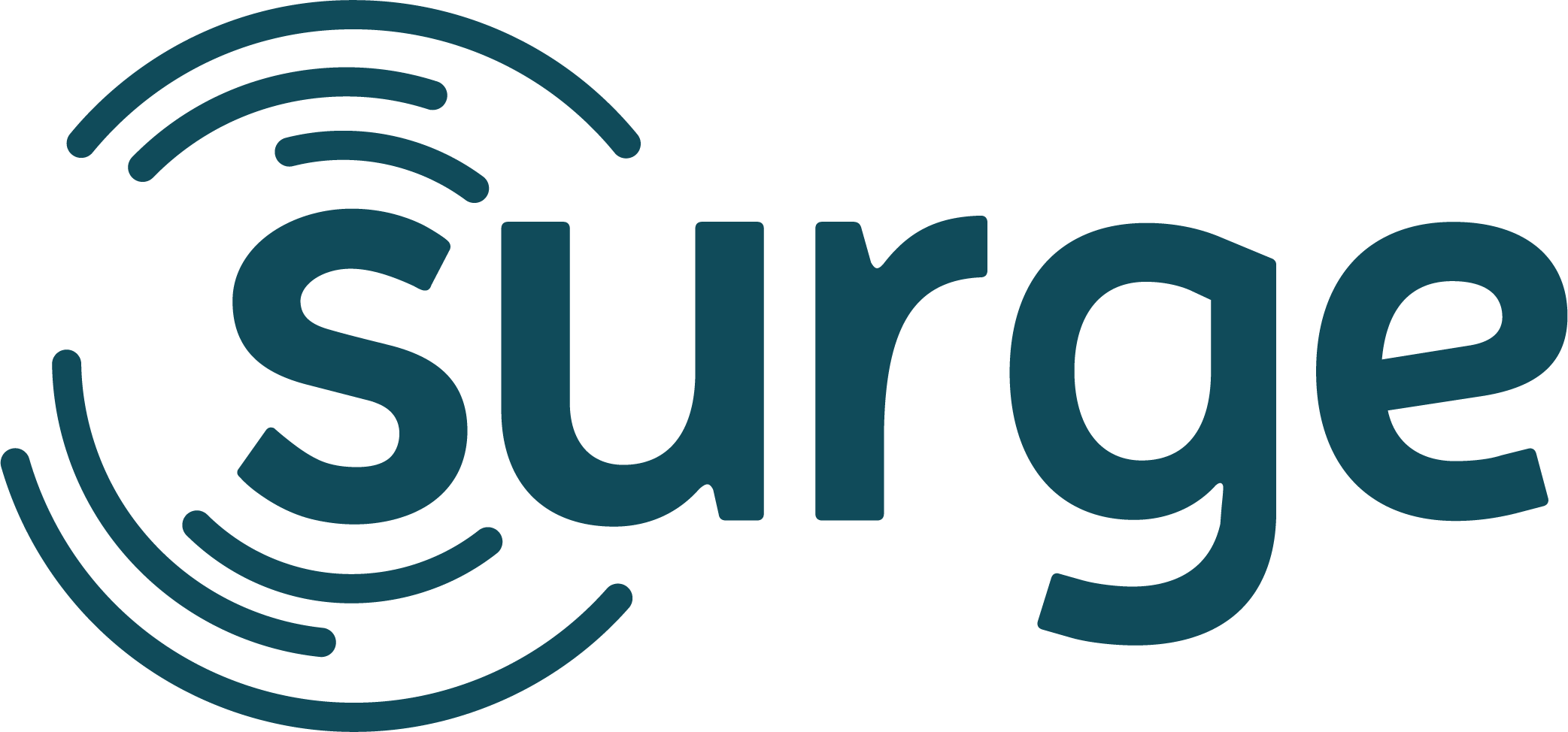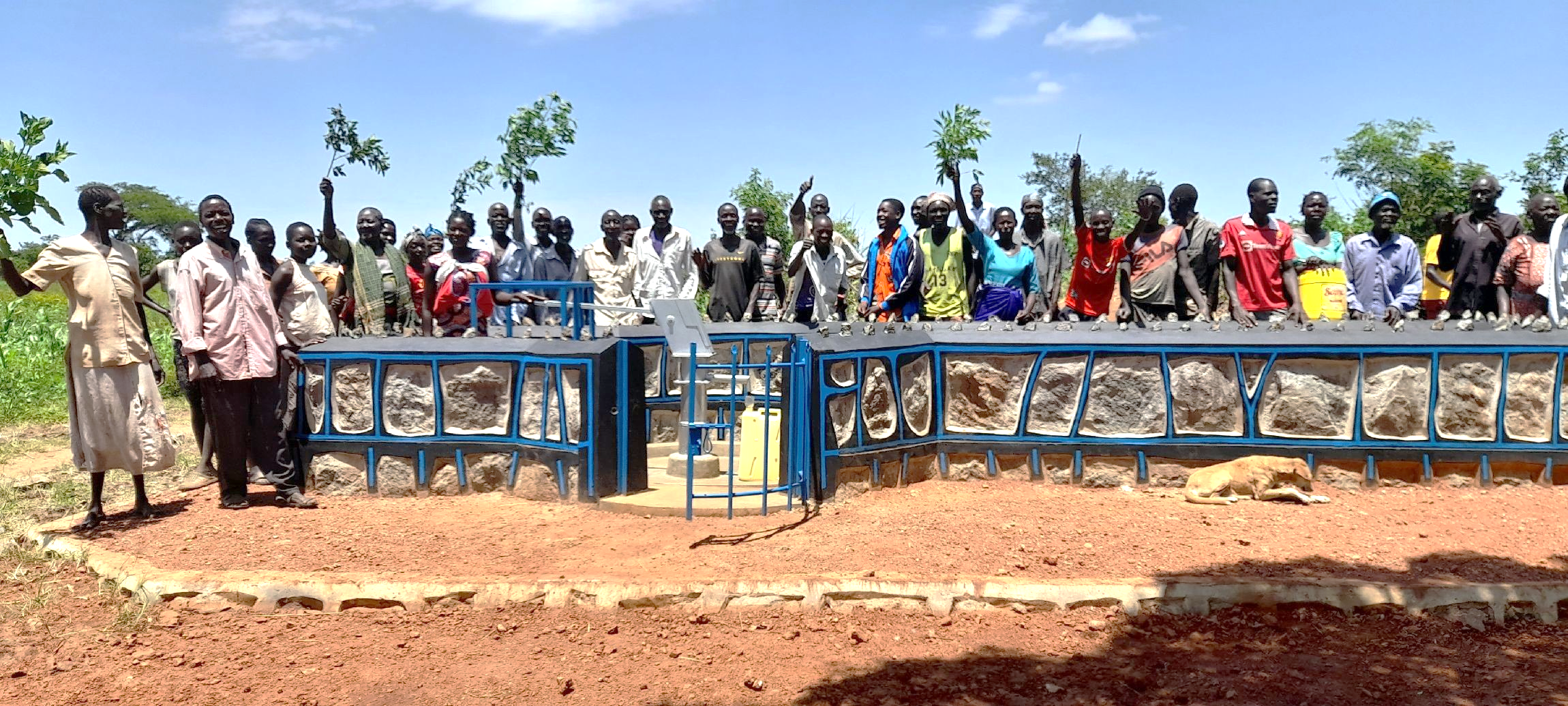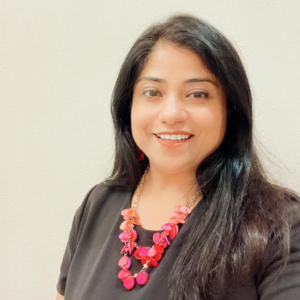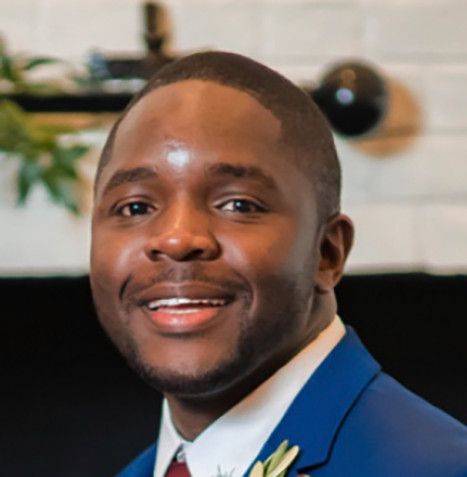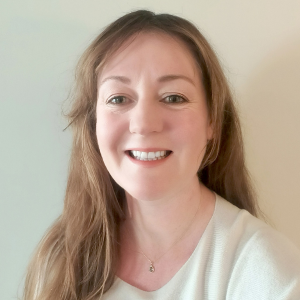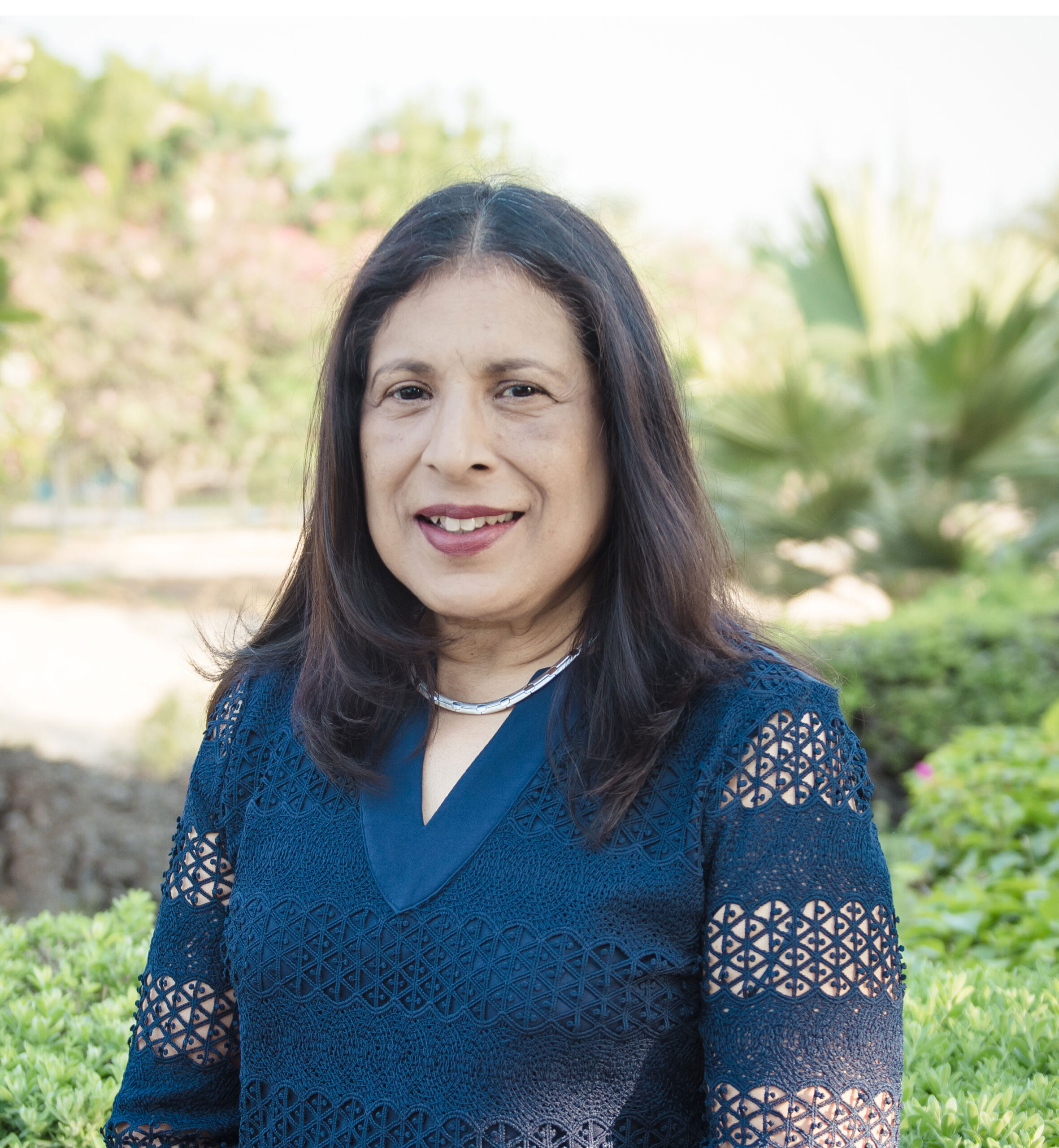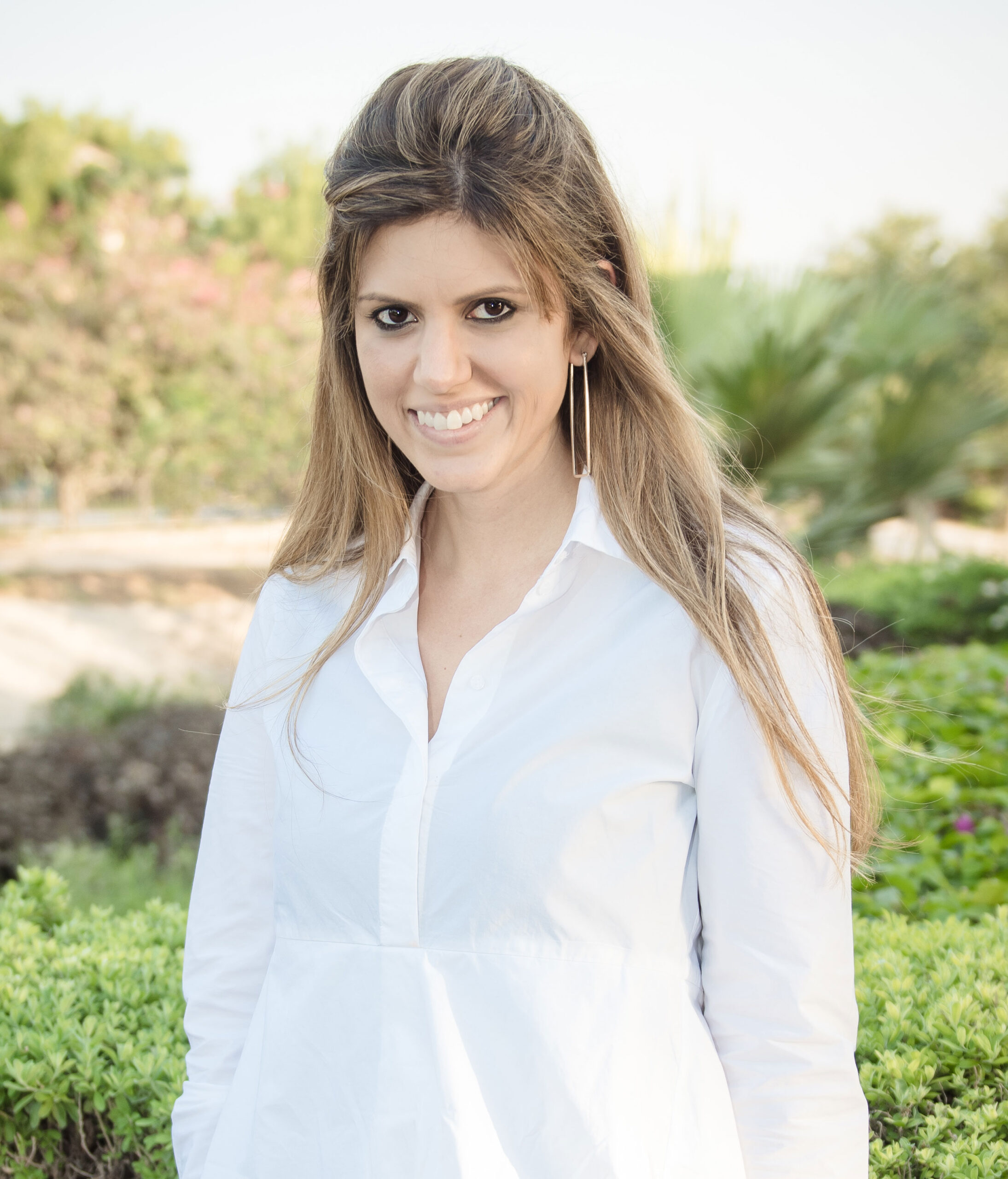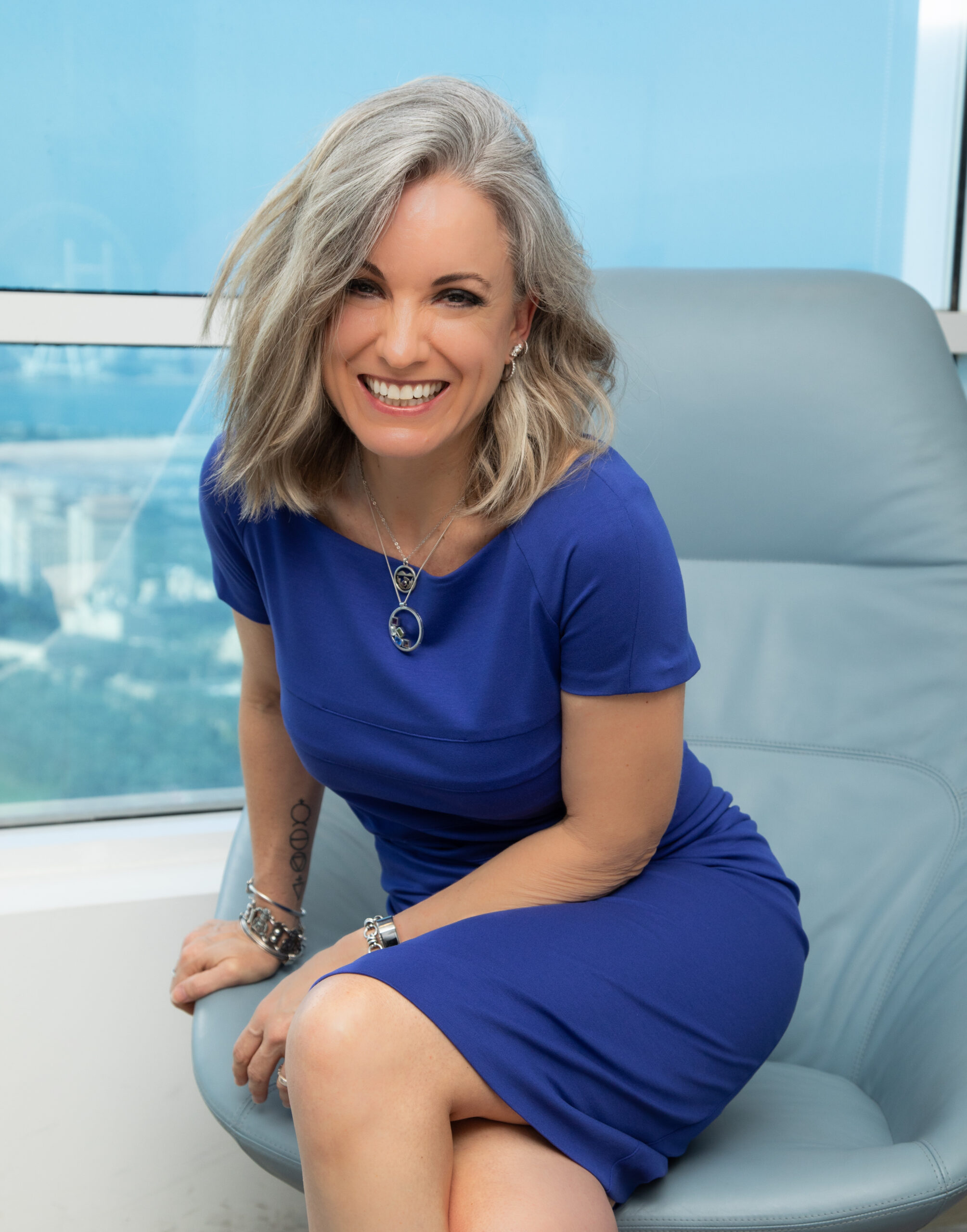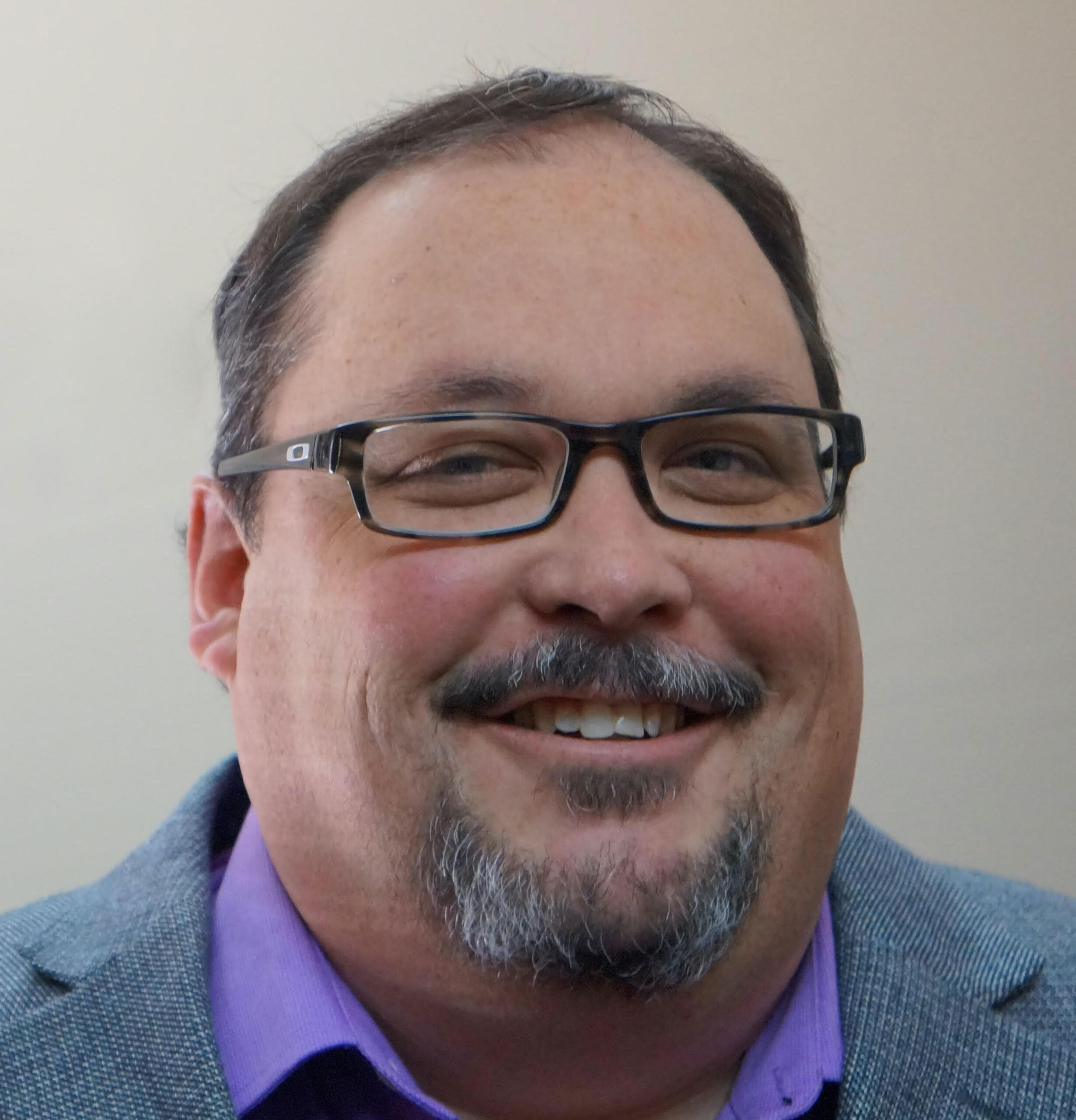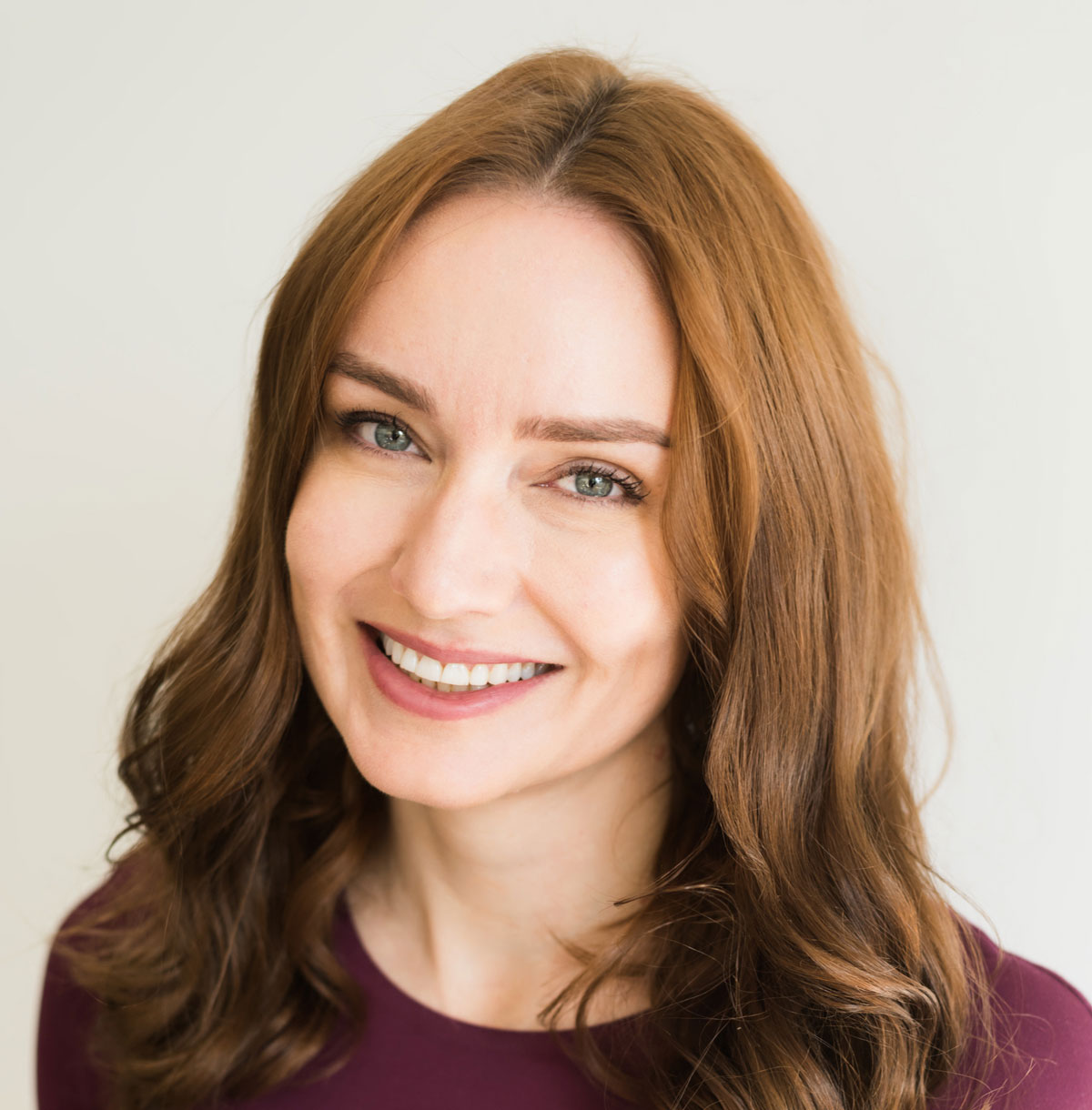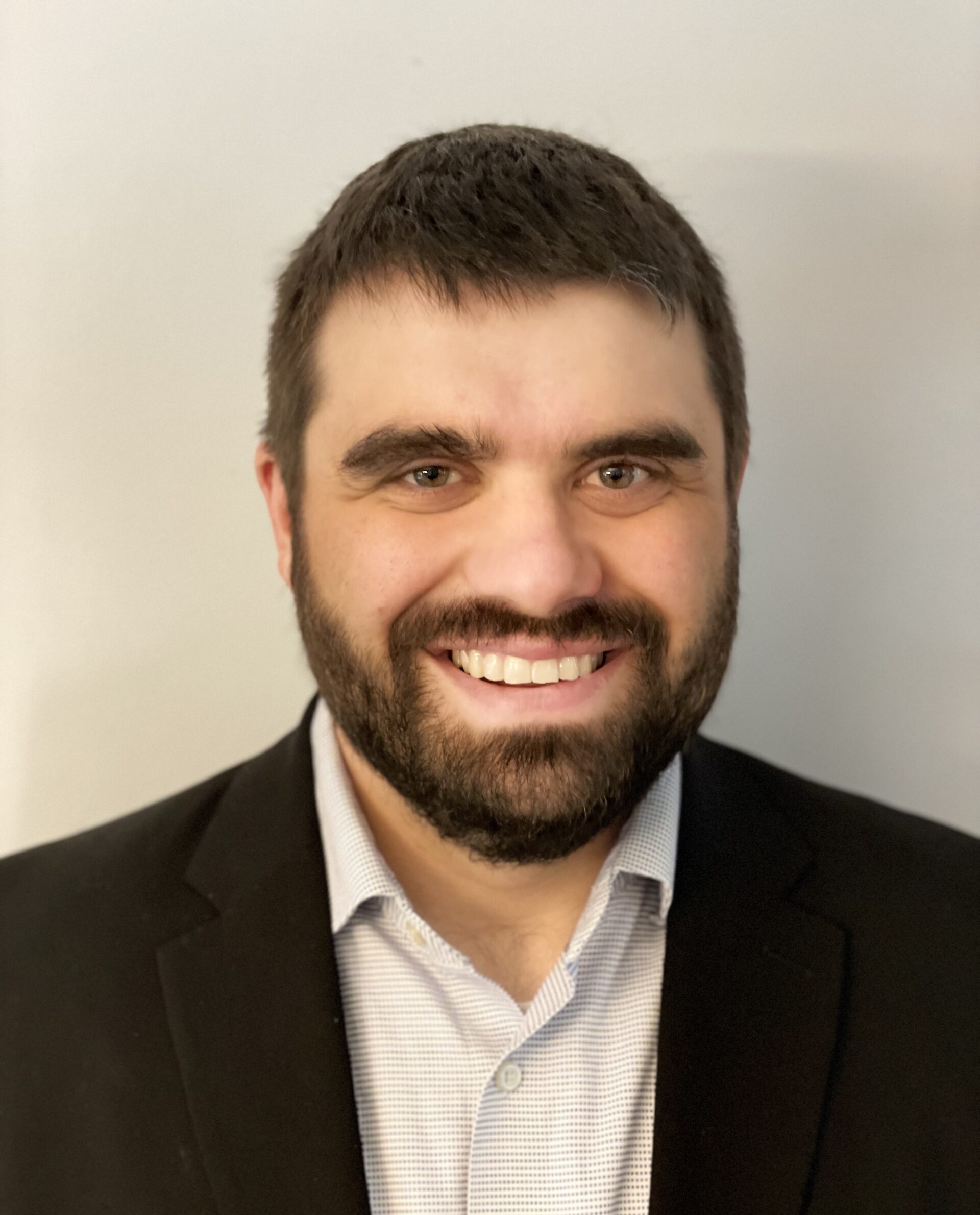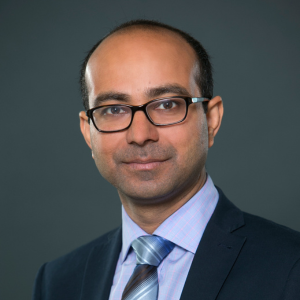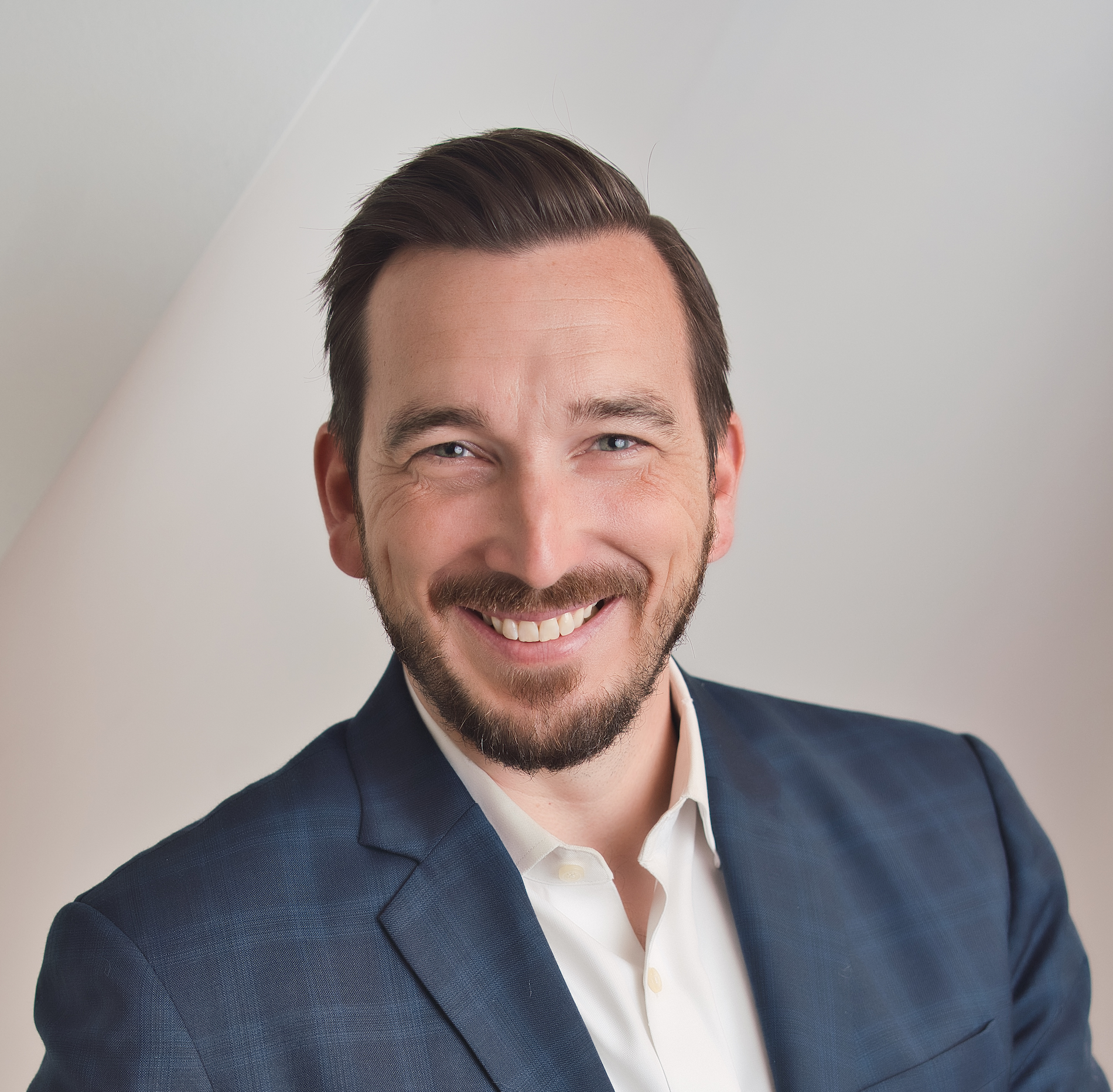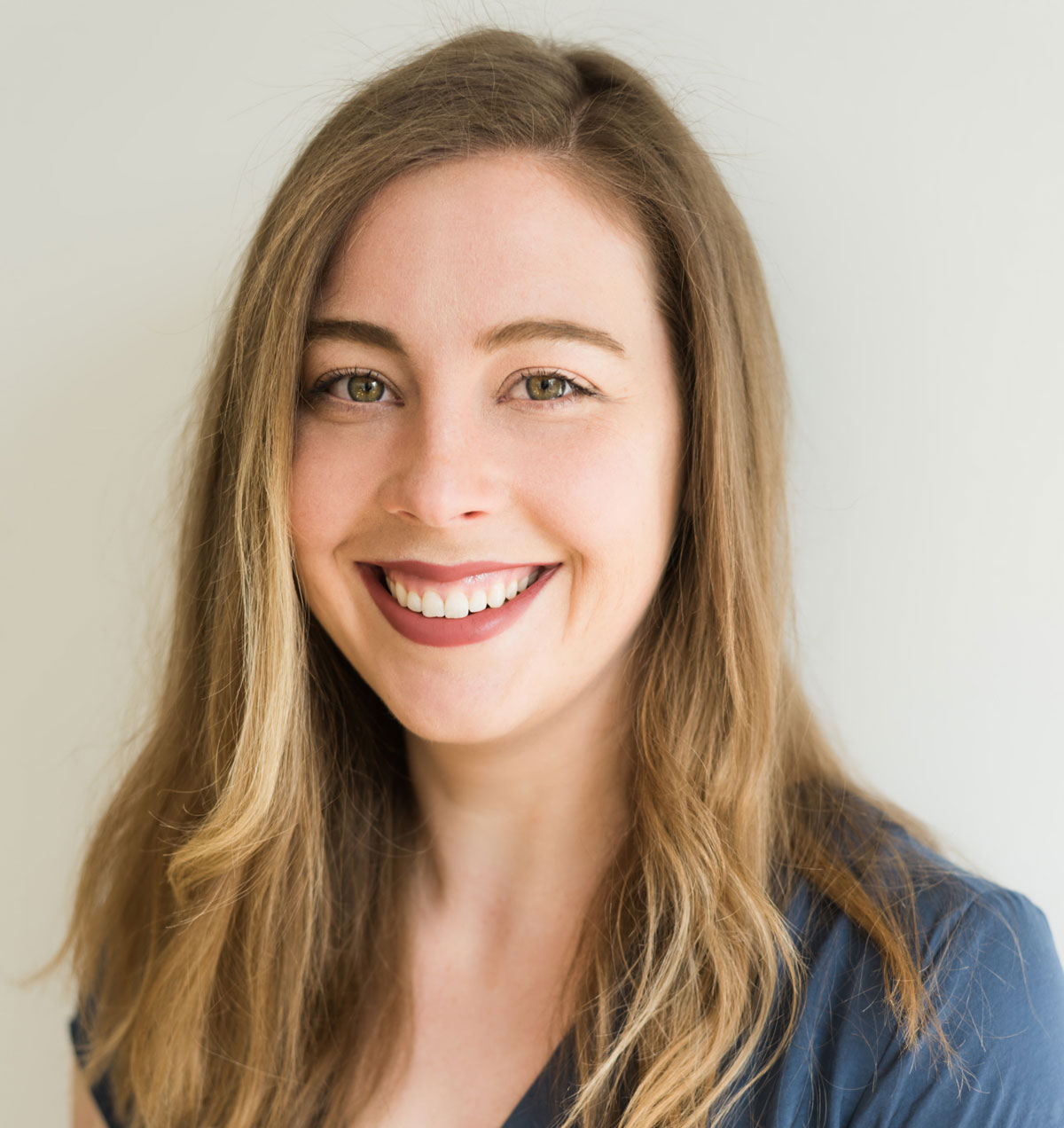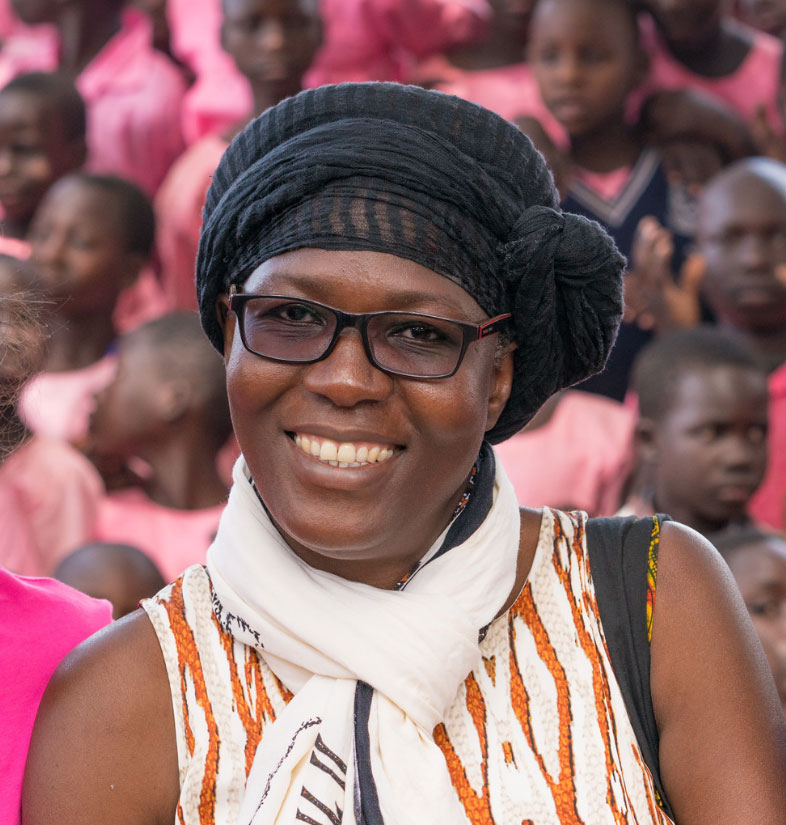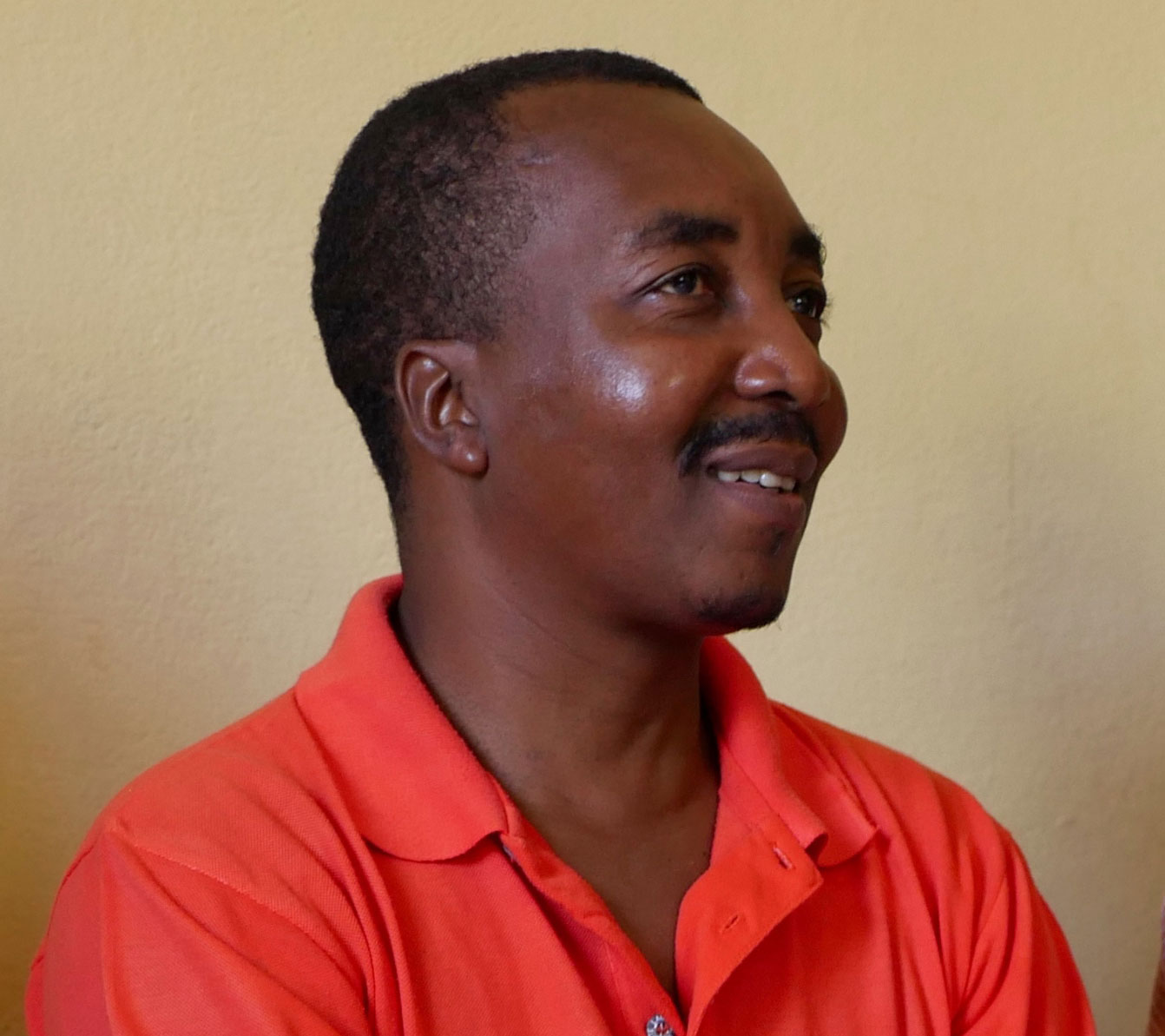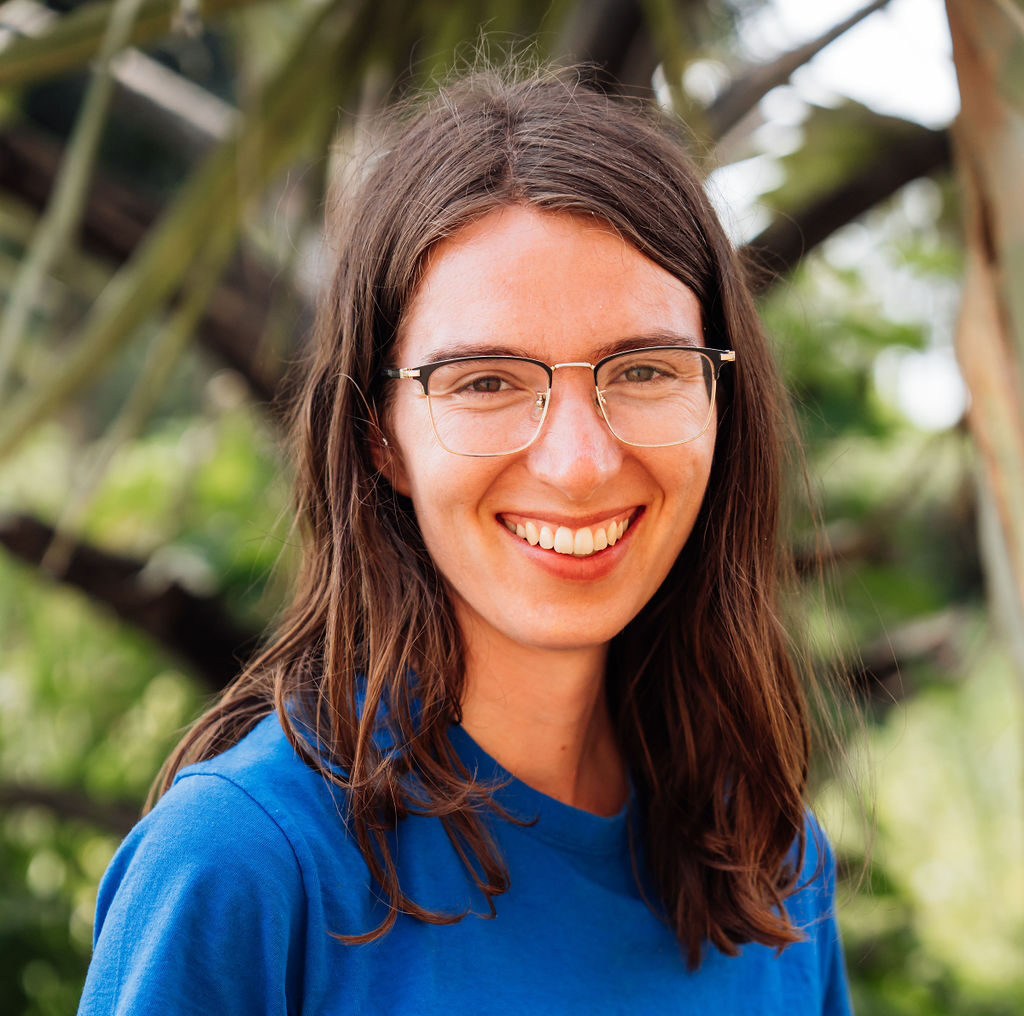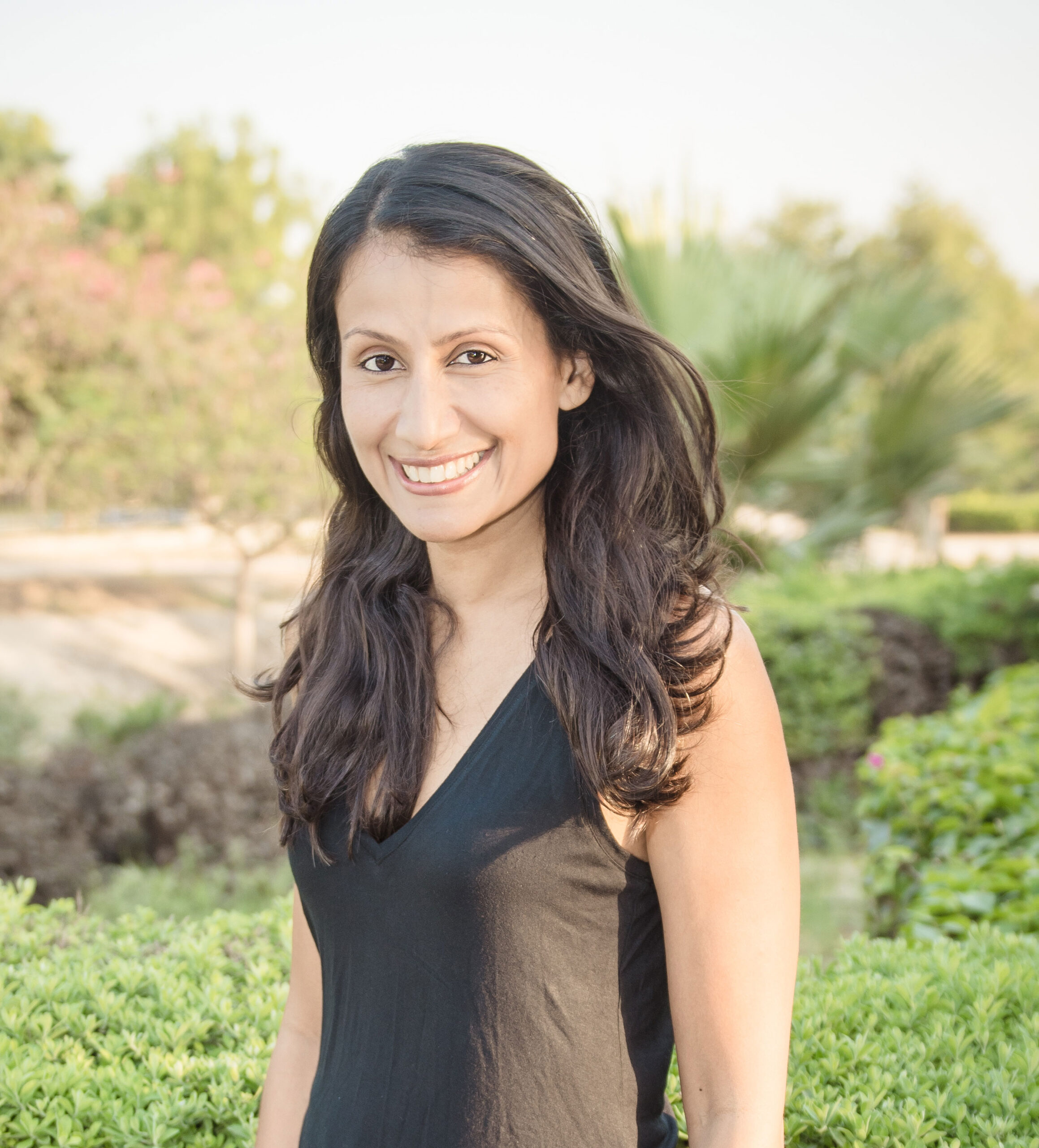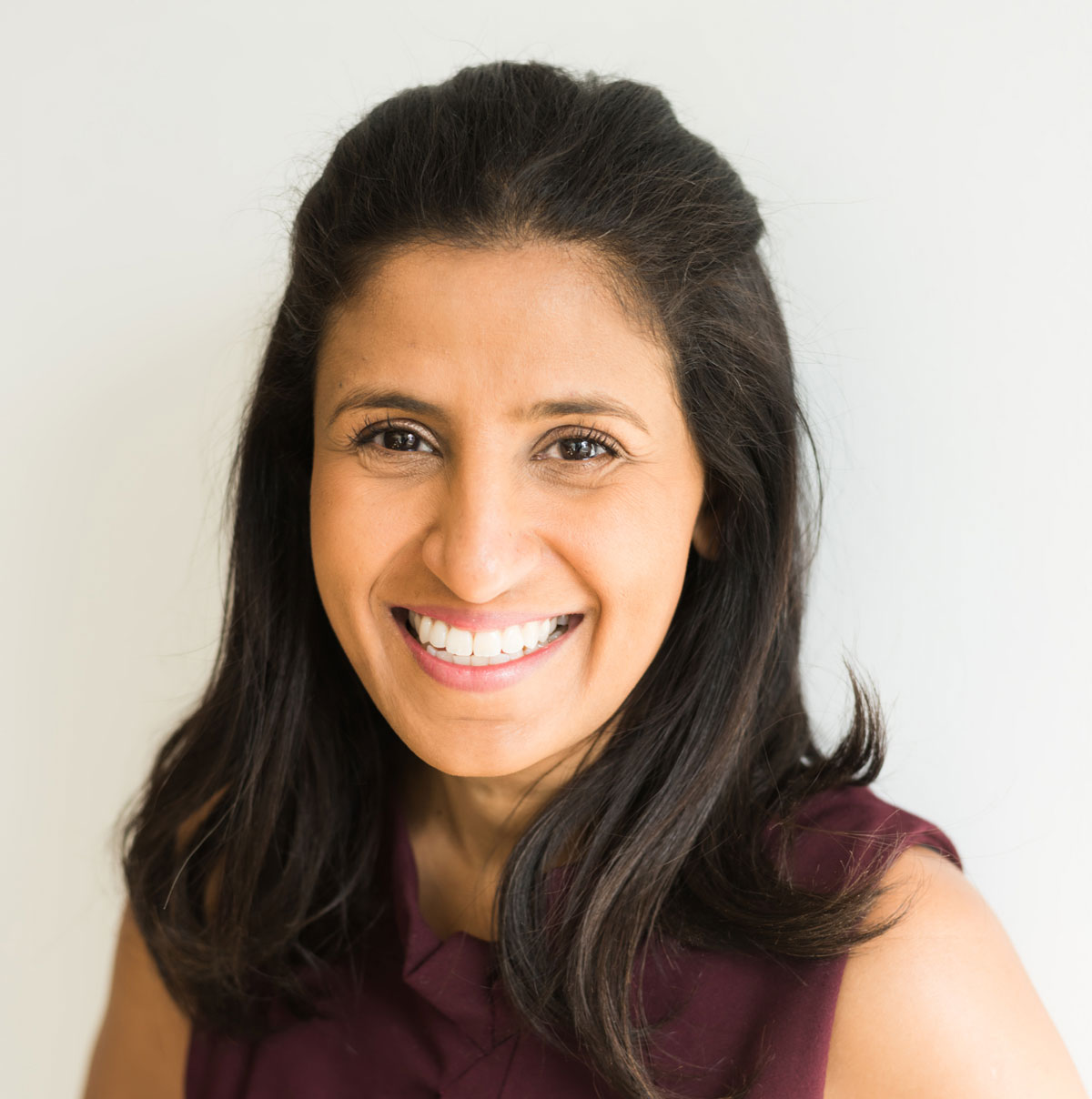With love and support from James and Nancy Dahlgren, 675 people at Okechai Community now have access to safe water!
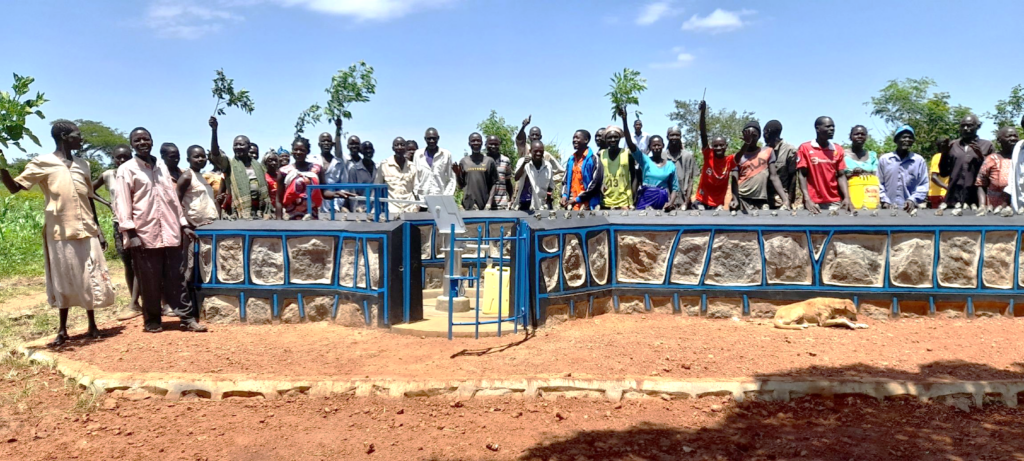
Before Rehabilitation
Okechai Community in Kalaki District, Uganda, is home to 675 people (388 women and 287 men). Their community borehole was drilled in 2007 with 14 pipes, but upon assessment by our local partner it was discovered that the borehole was only operating with 9 pipes – making pumping extremely difficult.
In March 2024, the borehole broke down completely. Without the funds to fix it, the women and children in the community had to walk further distances to find water. This not only affected their daily routine but also impacted their productivity and overall well-being.
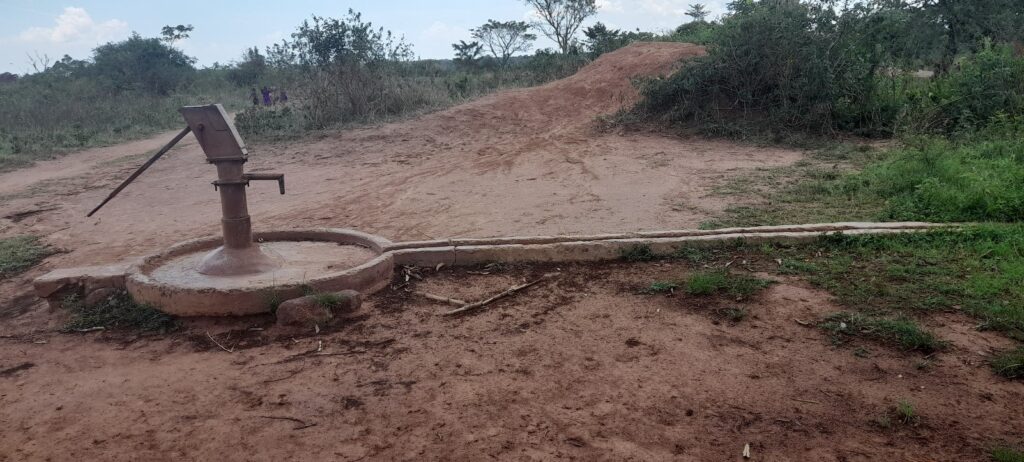
During a meeting with our community partner POPOW, the community members expressed how not having access to safe water was affecting them:
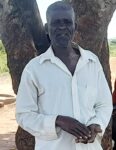
“Competition for limited water resources leads to conflict among residents, further straining relations and cohesion. Lack of access to clean water has a significant impact on crop production and livestock rearing. Without adequate water for irrigation and animal consumption, farmers face reduced yields and economic losses.” – Olari Augustin, Local Council 1 Chairperson
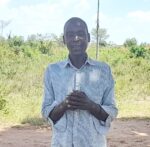
“Reliance on contaminated water sources due to a non-functioning borehole exposes the community members to various health risks like typhoid and diarrhea…leading to a higher incidence of illnesses among the population.” – Otai Michael Jackson, Chairperson of the Water Service Committee
Alternative Sources
With no other option for water, Okechai Community relied on 3 different neighboring sources of water.
The nearest source of safe water was at Oyalem Primary School, 2 kilometers away. However, as this borehole was already serving a large student population, it was unable to meet the needs of the community.
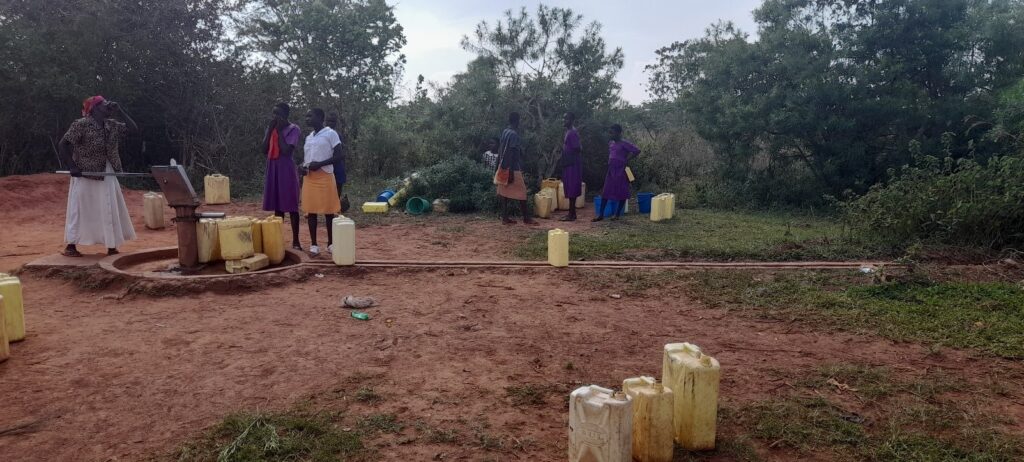
The community also relied on Oyalem A borehole. At this borehole, there was an open pit for excess water to drain into, which created a breeding ground for mosquitoes and other insects.
The third water source the community relied on was an open spring 3 kilometers away. The water here is stagnant and shared with animals. Additionally, it tested unsafe for human consumption.
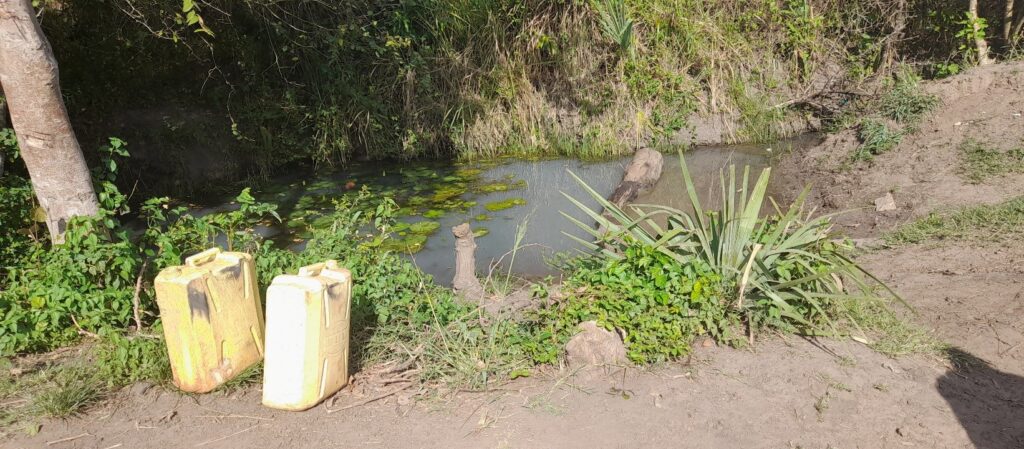
Community Led Solutions
We believe locals in each country we work in should not be the beneficiaries of aid, but the owners of transformation. We create strong grassroots partnerships with the community to ensure our solutions are targeted, effective and long-lasting. It is through strengthening the capacity of the local community to plan and own solutions we help implement that we raise the voices of others.
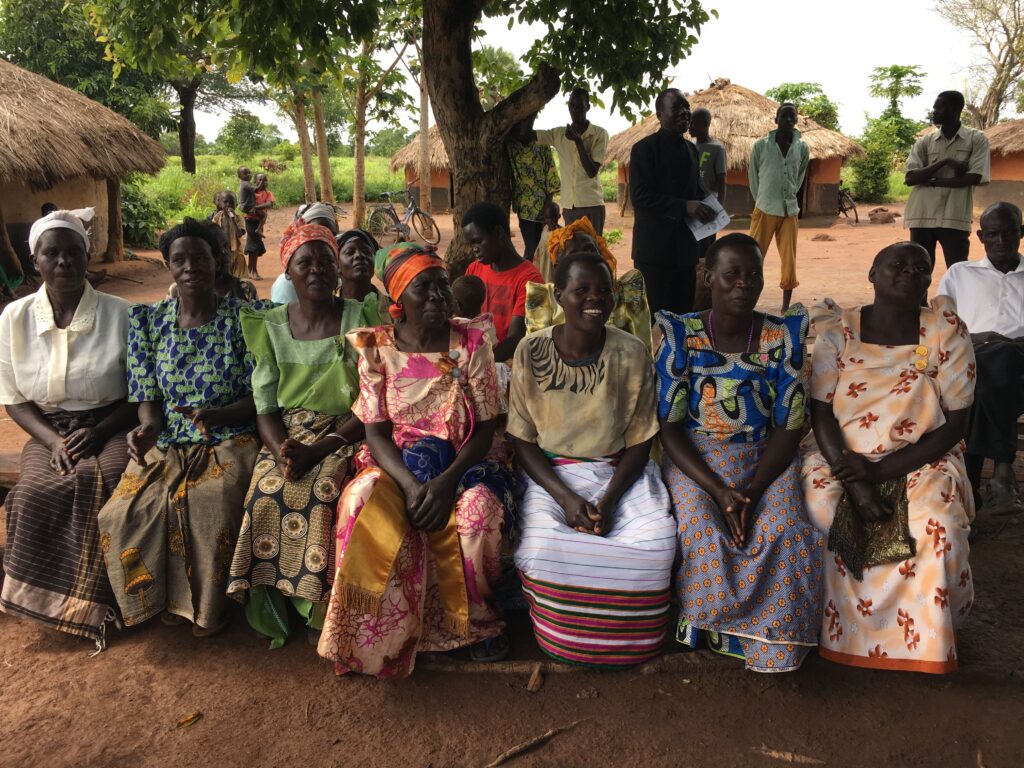
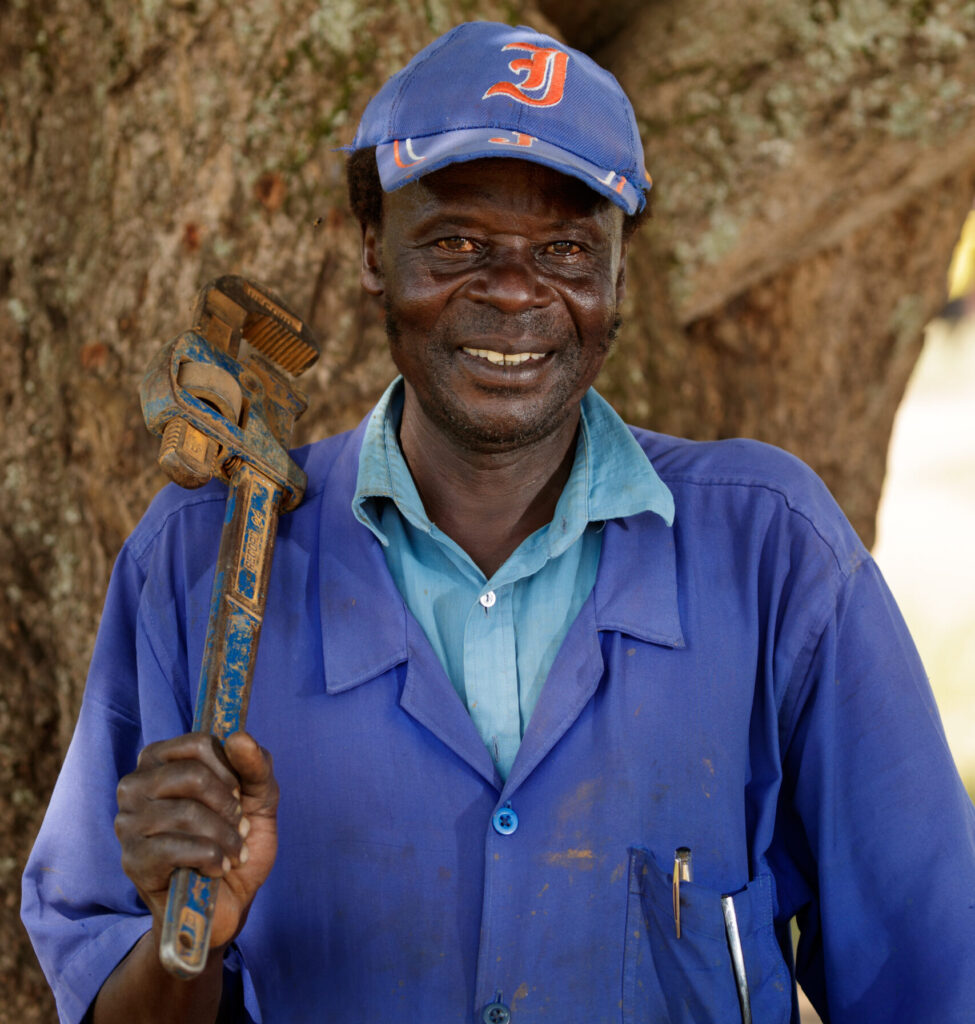
Our solutions enhance the local economy by utilizing local expertise to build our solutions. This also ensures that the knowledge and skills to fix and operate our wells stays within the community.
During Rehabilitation
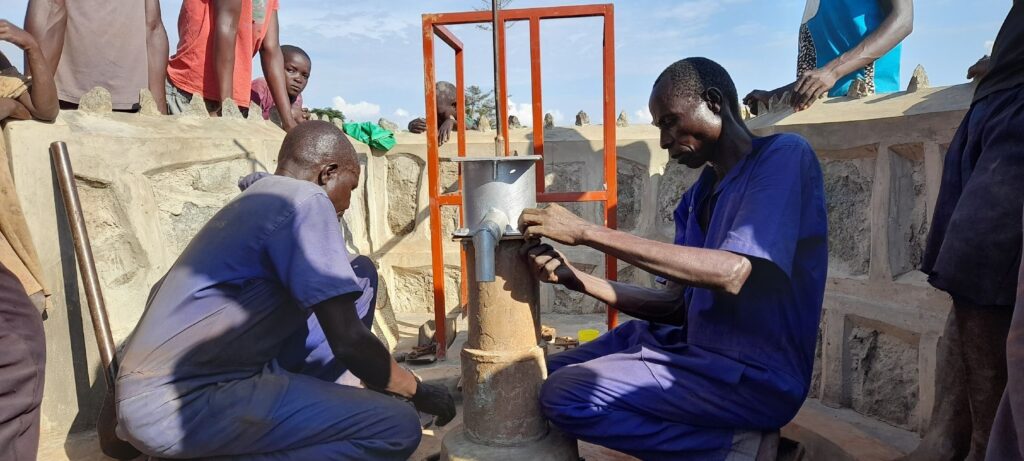
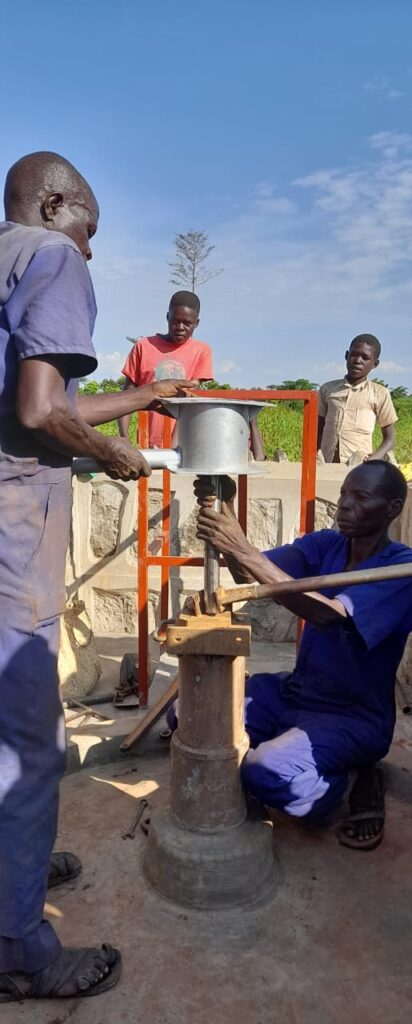
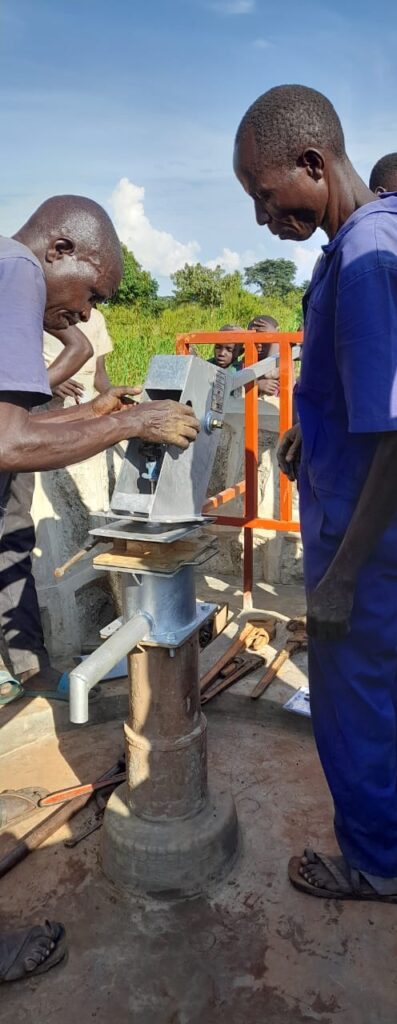
The Rehabilitated Well
Okechai Community borehole is now fully functioning and brings clean, safe water to the community. The easy accessibility of water will now enable them to maintain hygiene and sanitation in their families, which will help reduce the spread of waterborne diseases like typhoid, diarrhea, and dysentery. The community now has a chance at improved hygiene, sanitation, and health!
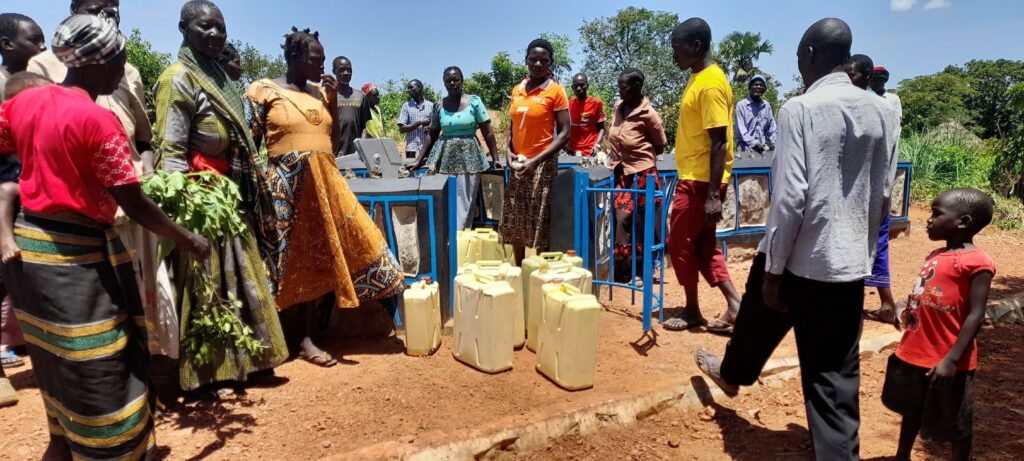
The community also shared how the well will impact their lives:
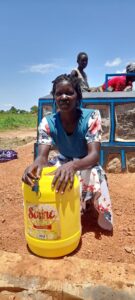
“Before the rehabilitation of our borehole, we used to move long distances…in search for safe clean water for drinking, which consumed much of our time for home chores and agricultural production. But now…that we have water nearby, our home chores are done on time and agricultural production will now increase.” – Igwelo Brenda, 28 years old
“The borehole is [easy to pump] and beautiful… Thank you for rehabilitating our borehole, which will now bring peace to families that used to be full of domestic violence because women and girls had to move long distances to search for water.” – Josephine Arech, 76 years old
After Rehabilitation: Monitoring & Evaluation
All water sources are tested for contamination before and after construction. To strengthen community capacity for borehole management, the water service committee (3 people, encouraged to be women as they are the ones that carry the burden of water collection) is trained on borehole maintenance and ensuring proper sanitation and hygiene practices at the water point. This committee decides on a community-wide fee for using the borehole that can be used for future maintenance.
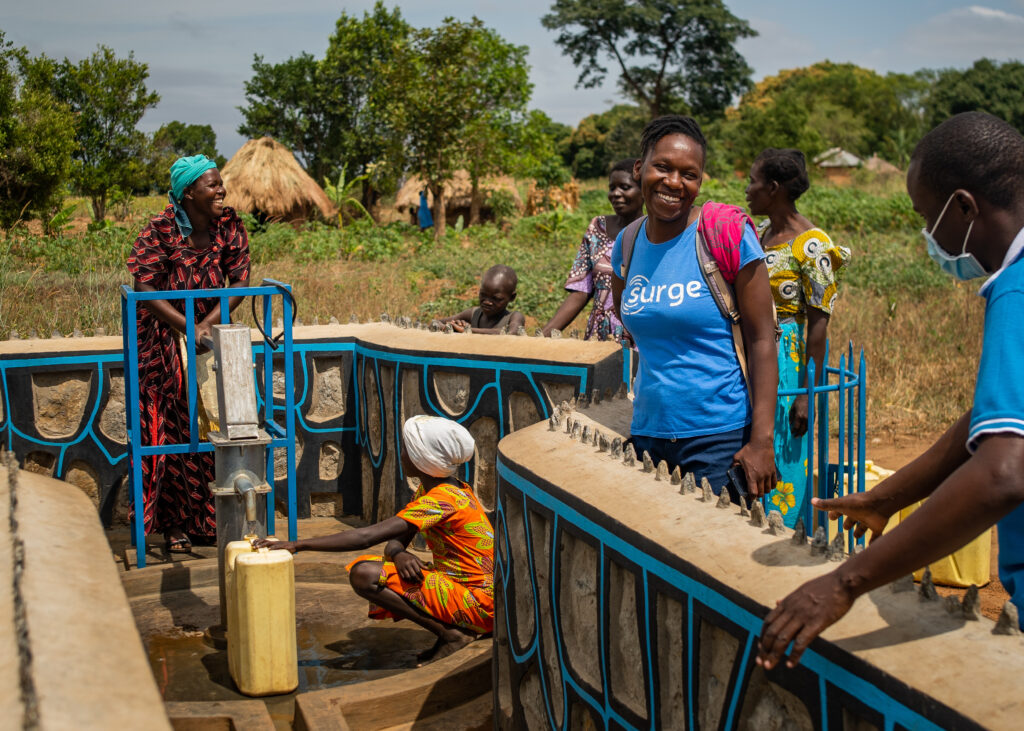
Stamped With Love
On behalf of our local implementing partner, POPOW, and Okechai Community, we are grateful for the generosity of the Dahlgrens!
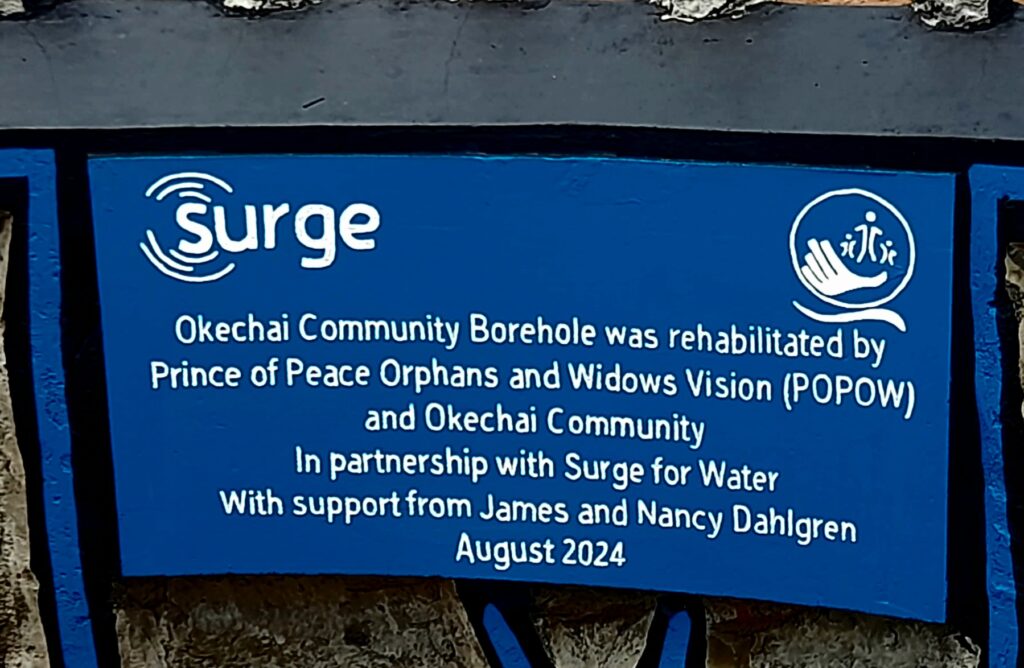
675 people at Okechai Community now have access to safe water. This means improved education, health, well-being, and a chance for a better future!
If you are interested in supporting a well fix, please contact us.
